Changing the Tune
The problem
How YOU CAN HELP
MEET THE BIRDS

White-rumped Shama © James Eaton | Birdtour Asia
Tackling the illegal and unsustainable trade in Asian songbirds
In many parts of the world, it is a traditional pastime to keep wild songbirds as pets. It is a deeply rooted cultural practice in Asia, which has led to the declines and local extinctions of many wild songbird populations, such as the Bali Myna, Black-winged Myna, White-rumped Shama, Straw-headed Bulbul, Sumatran Laughingthrush and Chinese Hwamei. These passerine songbirds, revered for their melodious song, are amongst numerous songbirds that have disappeared across much of Asia.
Thousands are trapped by poachers, trafficked by middlemen, supplied to bird markets and pet shops. Survivors then spend the rest of their lives in tiny cages, for entertainment. Some hobbyists also enter their pet songbirds in singing contests.
Many are traded illegally across borders by land, sea and air, as populations of the same species in those countries become harder to find. Increasingly, they are also sold in other parts of the world, such as North America and the European Union.
Seizures of songbirds are frequently made but rarely accompanied by meaningful deterrents. Prosecution rates are low, with usually insignificant penalties.
We need to take action!
We need to end the trade in threatened songbirds urgently, before the forests of Asia fall deadly silent, forever.
Monitor strives to expose the illegal and unsustainable aspects of this trade, assist enforcement agencies in combating the illegal trade and catalyse conservation action through collaboration with partners such as the IUCN SSC Asian Songbird Trade Specialist Group.
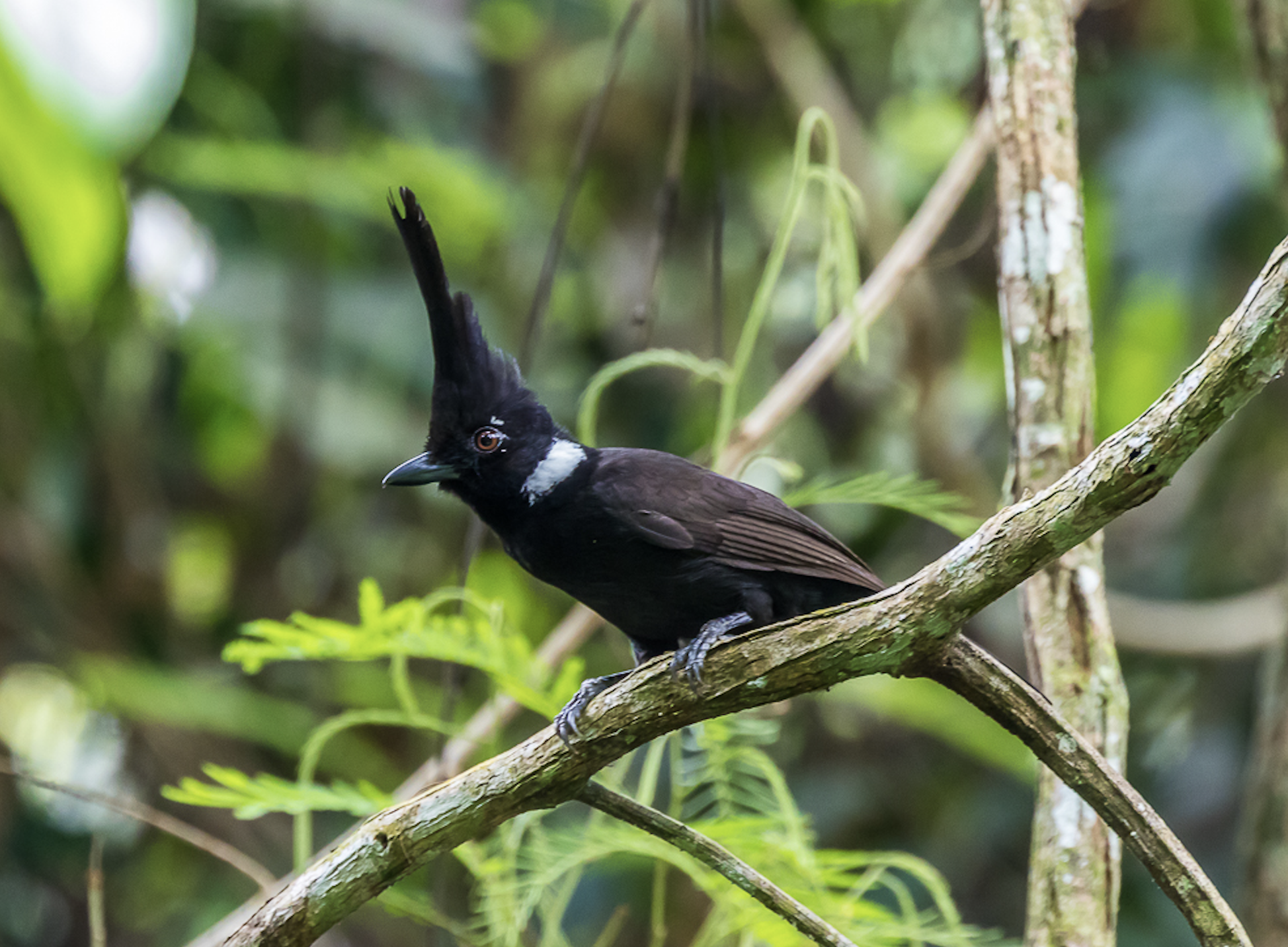
Crested Jay © Roger Boey
Our Projects
In response to the severe threats posed by the global trade in songbirds, the IUCN World Conservation Congress 2020 approved motion Action against Asian songbird trafficking a valuable tool in influencing conservation policy.
Monitor’s projects on songbirds include:
Poisonous pitohuis as pets
International wildlife trade, avian influenza, organised crime and the effectiveness of CITES: The Chinese Hwamei as a case study
The trading in the Orange-spotted Bulbul Pycnonotus bimaculatus and Aceh Bulbul P. snouckaerti in Indonesia
Characterising Indonesia’s wild bird trade network from media-reported seizure incidents
Observations of trade in Spotted Crocias Laniellus albonotatus in Java, Indonesia
Trade and conservation efforts involving the Sumatran Laughingthrush Garrulax bicolor in Indonesia
Online trade records of Grey-backed Myna Acridotheres tricolor indicate poaching practices in Baluran National Park, Indonesia
Market surveys in Mataram, Lombok, illustrate the expanse of legal and illegal Indonesian bird trade networks
A case for better international protection of the Sumatran Laughingthrush (Garrulax bicolor)
Trade in White-rumped Shamas Kittacincla malabarica demands strong national and international responses
The Critically Endangered Straw-headed Bulbul Pycnonotus zeylanicus lacks full legal protection in Indonesia – the main source of its problems
Tackling Asia’s illegal trade in songbirds
In the market for extinction: birds for sale at selected outlets in Sumatra
Thirty years of trade data suggests population declines in a once common songbird in Indonesia
Incidence of protected and illegally sourced birds at bird markets in Makassar, Sulawesi
Dataset of seized wildlife and their intended uses
Using CITES Appendix III to protect native species found in international trade: the case of the Philippines
Online commercial exploitation may threaten Vietnam’s native birds
There is much to do, and we need your help.
How you can support
Report
If you witness songbirds in trade or in someone’s premises.
advocate
Encourage your government to better protect songbirds.
SUPPORT
Donate to support our songbird projects, every little bit helps!
Meet the birds
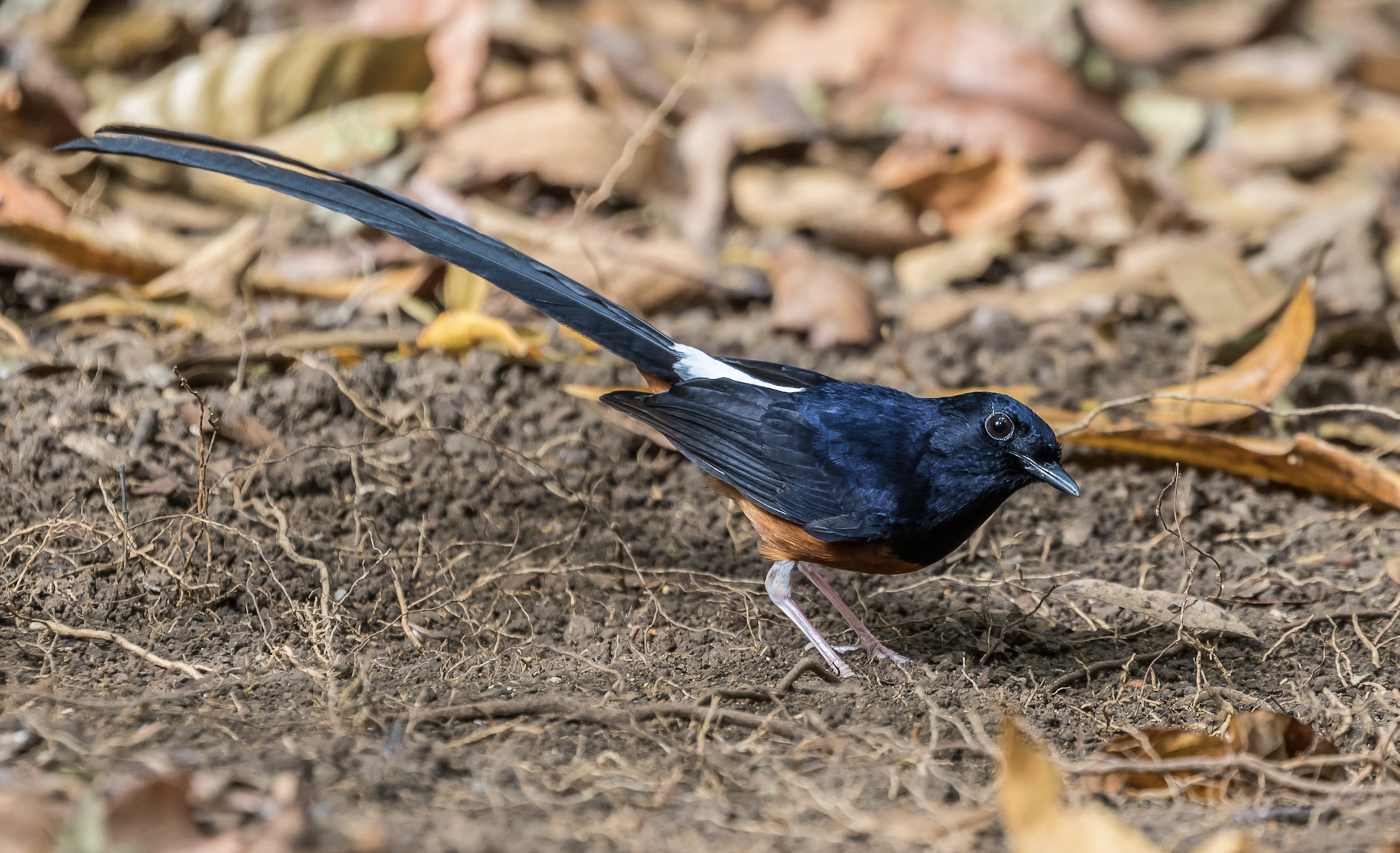
White-rumped Shama
Kittacincla malabarica
Native to 15 countries, its large range has led it to be classified as Least Concern, but Southeast Asian populations are in decline, with local extinctions within Indonesia. Photo © Roger Boey.

IUCN RED LIST STATUS
Least Concern
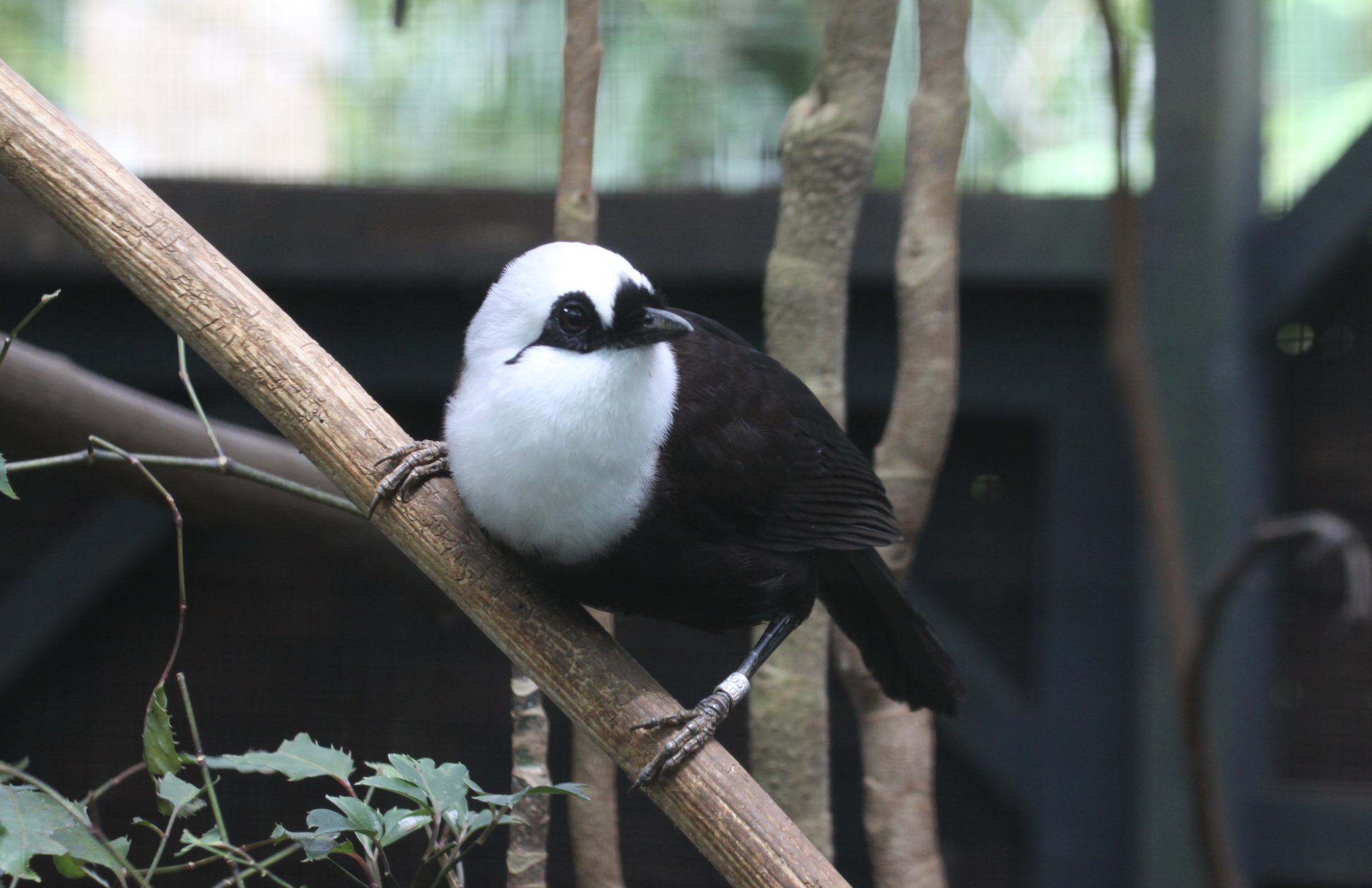
Sumatran Laughingthrush
Garrulax bicolor
Endemic to the island of Sumatra, Indonesia, it is restricted to a few submontane and montane forests on the north and south of the island, it is under heavy trapping pressure.
Photo © Chris R. Shepherd | Monitor.
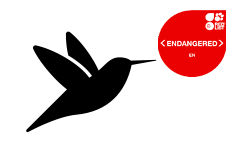
IUCN RED LIST STATUS
Endangered
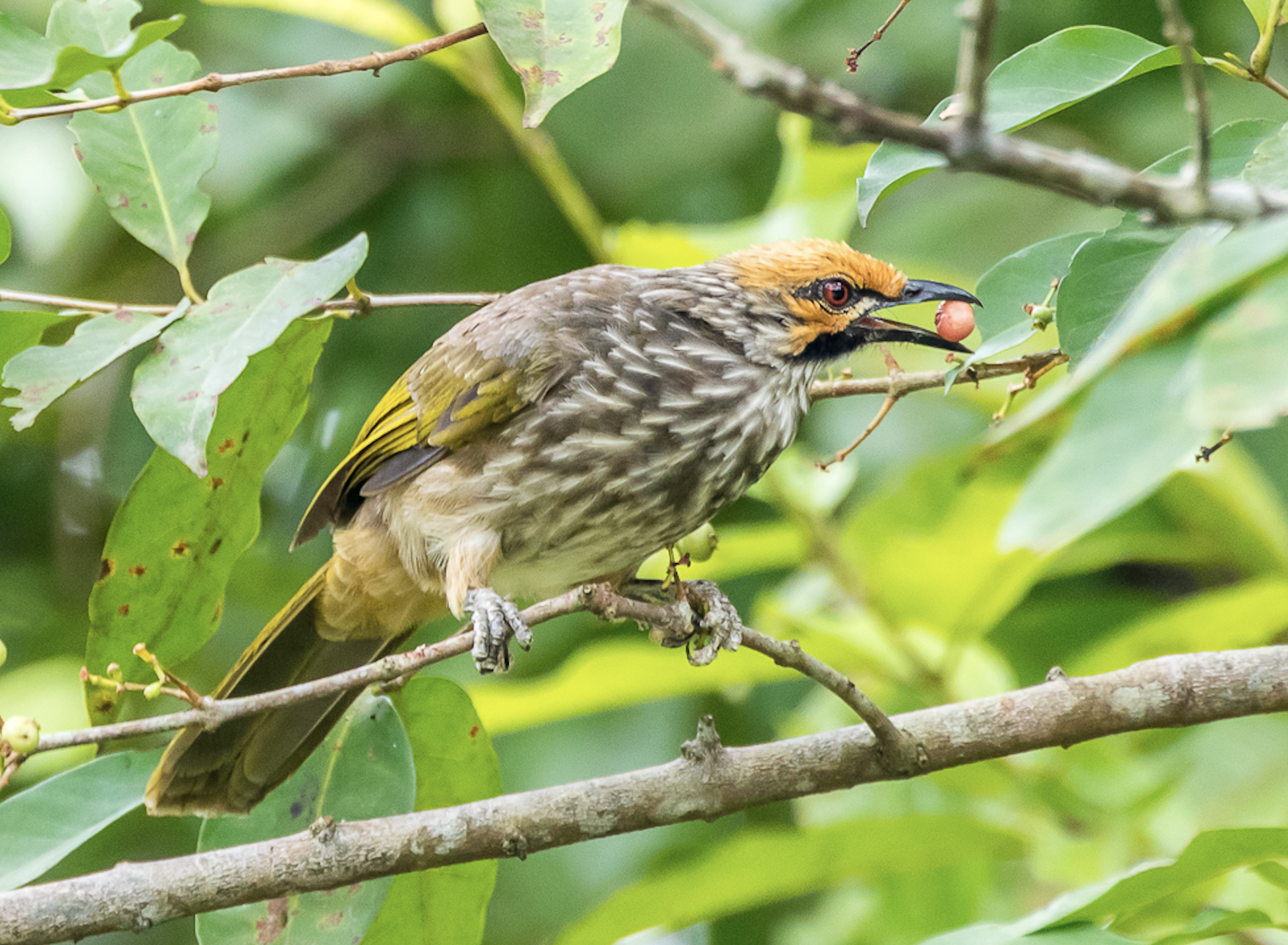
Straw-headed Bulbul
Pycnonotus zeylanicus
Once widespread across Southeast Asia, now only found in small restricted areas in Singapore, Malaysia and Indonesia. Photo © Roger Boey.
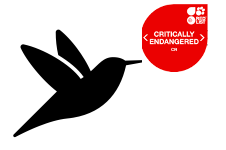
IUCN RED LIST STATUS
Critically Endangered
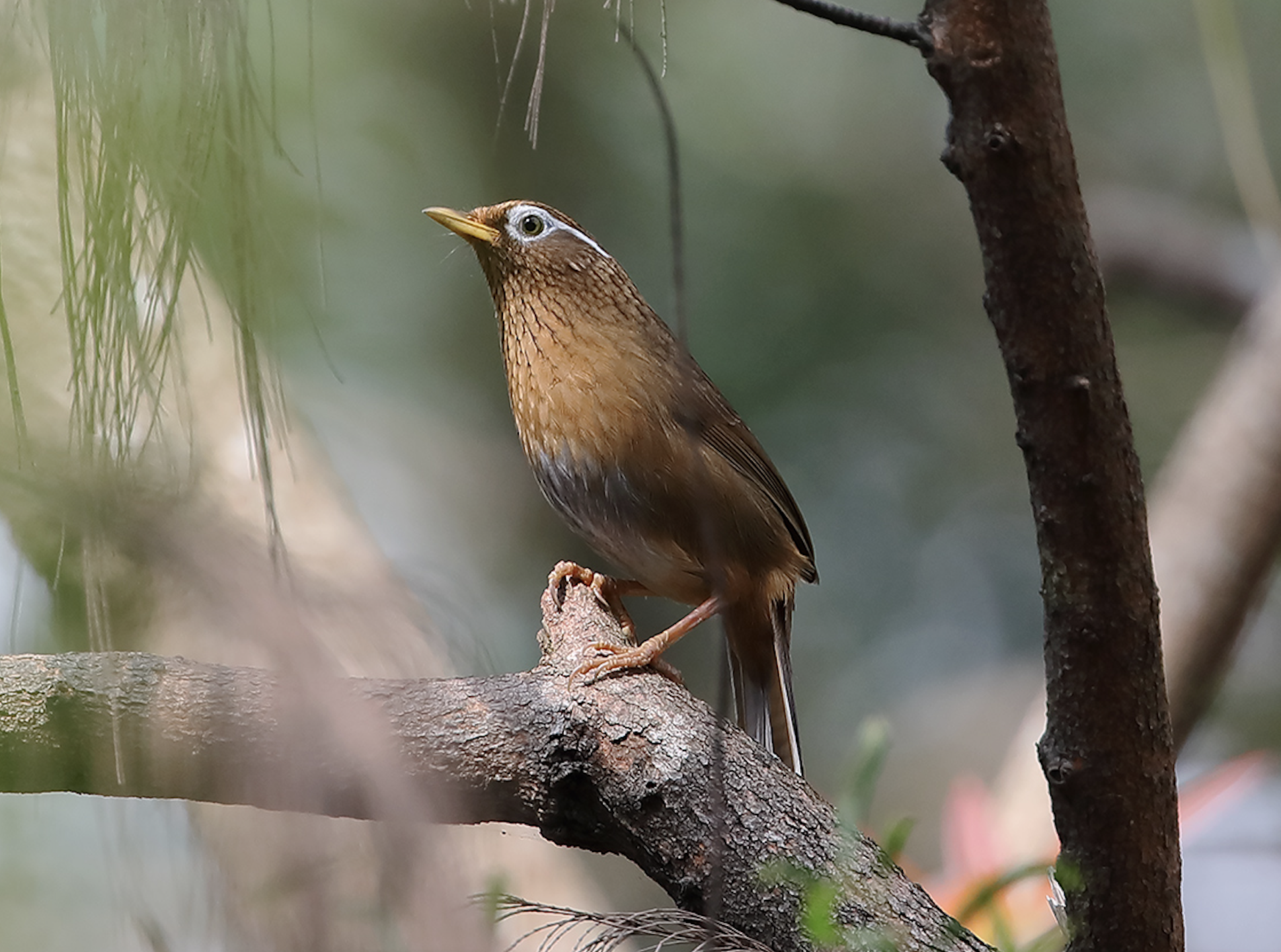
Chinese Hwamei
Garrulax canorus
Common in locations in parts of China, it is near extirpation in Vietnam and likely to be scarce in Laos. Photo © Michelle and Peter Wong.

IUCN RED LIST STATUS
Least Concern

How you can help
Please consider making a donation to support this crucial work for wildlife.


